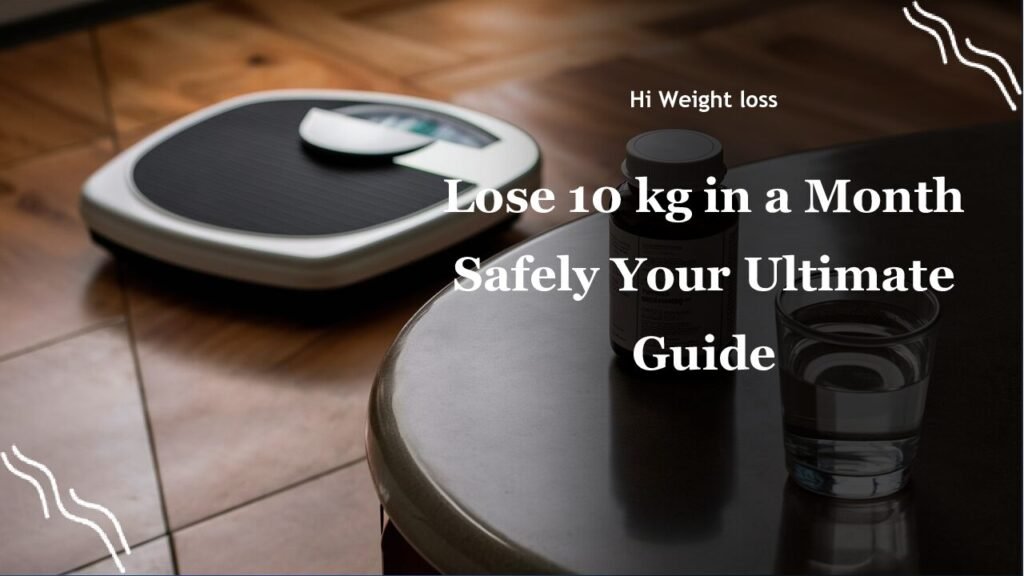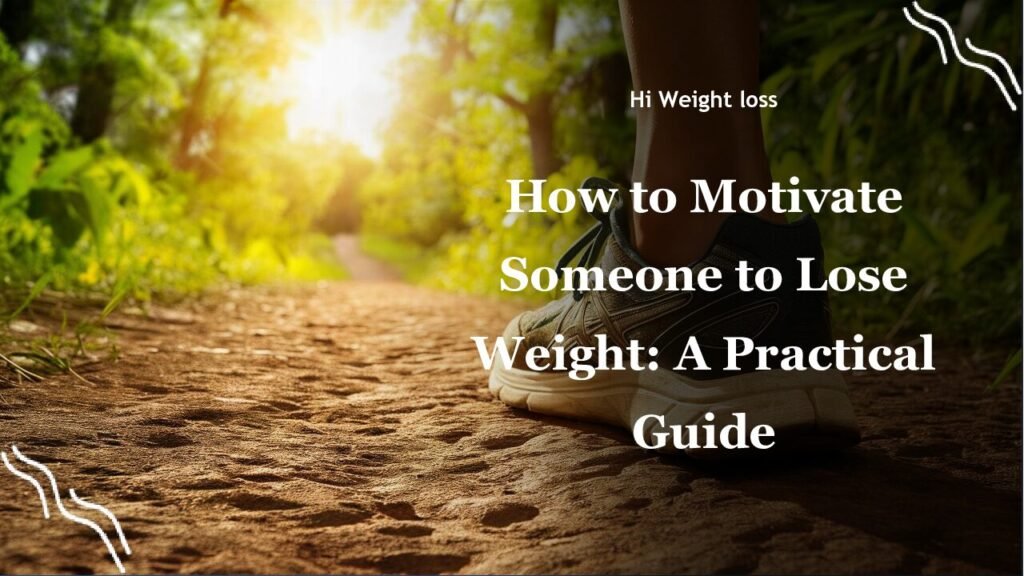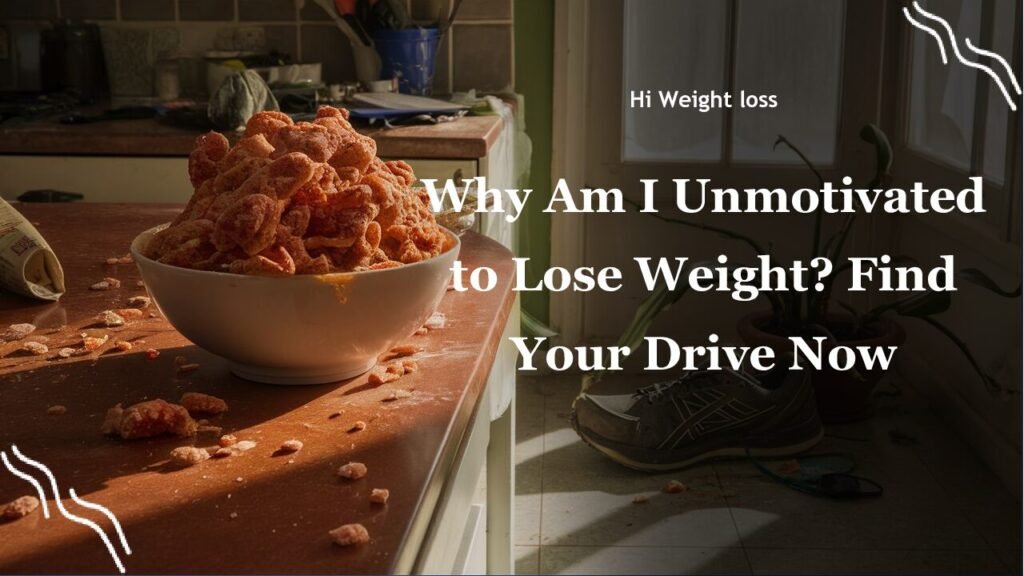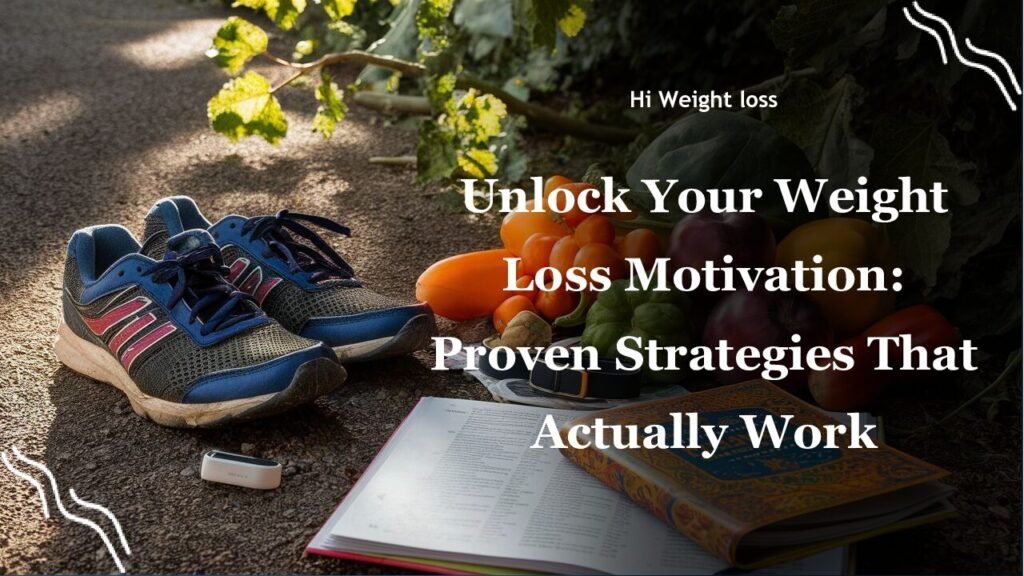“`
The desire to quickly lose weight, particularly 10 kg in just one month, is a common goal many people share, fueled by an upcoming event or a pressing health concern; however, this aspiration needs to be approached with a healthy dose of caution and planning. While rapid weight loss is possible under specific circumstances, it’s crucial to prioritize safety and long-term health over quick fixes, and this blog will explore the safest and most effective ways to approach this challenge. We’ll delve into the reality of rapid weight loss, examining the potential risks and rewards, and provide a balanced guide to help you make informed decisions about achieving your goals, even if they include following an effective *diet plan*.
How Can I Lose 10 kg in a Month Safely?
Understanding the Challenge of Rapid Weight Loss
Losing 10 kg in a month is definitely a significant goal. It’s important to know that this amount of weight loss exceeds the generally recommended rate of 0.5 to 1 kg (1 to 2 lbs) per week. Why is this important? Because rapid weight loss can come with risks if not done correctly and under professional supervision.
I remember my cousin, Sarah, desperately wanting to lose weight for her wedding. She tried a crash diet she found online, and while she did lose a significant amount of weight initially, she ended up feeling weak, tired, and frankly, quite unwell. This experience taught me that aiming for *healthy way to lose* weight is better than quick but risky results.
The Role of a Healthcare Provider in Weight Loss
Before you even think about changing your diet or starting an intense exercise routine, your first step should always be consulting a healthcare provider. This is absolutely crucial, especially when you are considering rapid weight loss. A doctor can assess your current health, provide personalized advice, and determine if rapid weight loss is safe for you.
A friend of mine, Mark, before attempting any major weight loss, consulted his doctor, and found out he had some underlying vitamin deficiencies. This allowed him to address these issues before embarking on his journey, making it both safer and more effective.
Very Low-Calorie Diets (VLCDs): A Closer Look
Medically supervised very low-calorie diets (VLCDs) are sometimes used for rapid weight loss. These diets are typically used before weight loss surgery or in specific medical situations. They are designed to be followed for a limited time, usually 12 weeks or less, and they can help achieve a significant weight loss, often 15-25% of body weight in that time frame, according to WebMD.
The key word here is ‘medically supervised’. You should *never* attempt a VLCD on your own. It needs to be closely monitored by healthcare professionals to ensure your safety and effectiveness.
The Importance of Balanced Nutrition
Even when you are trying to lose weight quickly, your diet needs to be nutritionally balanced. VLCDs usually include protein-rich foods to maintain muscle mass and foods rich in potassium to avoid muscle cramps. It’s also generally a good idea to take a multivitamin to ensure you are getting all the essential nutrients. Mount Sinai emphasizes the importance of a balanced approach even during rapid weight loss programs.
During my fitness coaching days, I had a client who only focused on calorie counting and completely ignored the nutritional aspect of food. She was constantly tired and couldn’t sustain her diet. It was only when we started to focus on a balanced diet with whole foods that her energy levels improved and she began to lose weight more sustainably.

Exercise and Weight Loss: What You Need to Know
When it comes to rapid weight loss, cutting calories is generally more effective than exercising. However, exercise can help maintain muscle mass during weight loss and is beneficial for your overall health. According to Mount Sinai, it is advised to start exercising after you’ve established a more long-term dietary plan.
In my experience, I’ve always found that starting with light exercises like walking, or low-impact routines like yoga, are a good way to begin. Gradually increasing the intensity and duration of your workouts is safer and more sustainable.
Potential Health Concerns and Monitoring
It’s essential to know that rapid weight loss can lead to various health problems. These can include gallstones, gout, fatigue, constipation, diarrhea, and nausea. Because these side effects can occur, it’s extremely important to monitor your health carefully and adjust your diet if needed. You need to be aware of how your body is reacting to the changes you’re making.
I once knew someone who was so eager to lose weight quickly that they ignored the warning signs. They ended up in the hospital with severe dehydration, and that made them realize the importance of balanced and supervised weight loss.
Best Indian Diet Plan to Lose 10 kg in a Month
When considering an *Indian diet plan* for weight loss, it’s important to focus on balanced meals that are rich in whole grains, vegetables, lean proteins, and healthy fats. This should include things like roti, dal, sabzi, and yogurt.
One thing I’ve noticed over the years is how diverse Indian cuisine is. There are so many healthy options available. You can tailor meals to your preferences while still maintaining a balanced approach. For example, you might swap out white rice for brown rice, or choose lentil-based dishes over more oil-heavy foods. Here’s an example table showing how to construct a sample plan:
| Meal | Sample Indian Food | Key Nutrients |
|---|---|---|
| Breakfast | Oats with Nuts and Seeds, a bowl of vegetable upma | Fiber, Protein, Healthy fats |
| Lunch | Roti, Dal, Vegetable Sabzi, Salad | Protein, Complex carbs, Fiber, Vitamins |
| Dinner | Lentil Soup (Dal), Chicken or Fish Curry, Brown Rice | Protein, Fiber, Complex carbs |
| Snacks | Fruits, Nuts, Greek yogurt | Vitamins, Fiber, Protein |
Remember to control portion sizes and avoid fried and overly processed foods.
Conclusion
Losing 10 kg in a month is a difficult goal that requires careful planning, medical supervision, and a commitment to balanced nutrition, and you should never start a rapid weight loss program without first talking to your health professional. Although a medically supervised very low-calorie diet (VLCD) can be effective for rapid weight loss, it is essential to understand the potential health risks and to monitor yourself closely. Remember Sarah, my cousin who pushed it too hard? Don’t be like her! It’s always better to prioritize a long-term, sustainable approach to weight loss and overall health. While it’s not impossible to lose a significant amount of weight in a short time, remember that healthy progress is more important than speedy results. Make sure to consult a healthcare provider, adhere to a balanced diet, and monitor your health closely to avoid health complications. If you found this article helpful, share it with a friend or relative!
FAQ
Is it safe to lose 10 kg in a month?
Losing 10 kg in a month is a significant and rapid weight loss, which may only be safe under medical supervision. It is crucial to consult with a healthcare provider before attempting such a weight loss goal.
What is a Very Low-Calorie Diet (VLCD)?
A Very Low-Calorie Diet (VLCD) is a medically supervised diet that significantly reduces calorie intake, used for rapid weight loss and is generally recommended for short durations (12 weeks or less). It usually involves protein-rich and potassium-rich foods to maintain muscle and prevent muscle cramps.
How does exercise fit into rapid weight loss plans?
While rapid weight loss is primarily achieved through calorie reduction, exercise plays a supporting role. It can help maintain muscle mass and promote overall health. It’s advisable to start exercising after establishing a more sustainable dietary plan, according to resources like Mount Sinai.
What are the potential health risks of rapid weight loss?
Rapid weight loss can lead to health issues such as gallstones, gout, fatigue, constipation, diarrhea, and nausea. It is essential to monitor your health and adjust your plan accordingly and consult a medical professional if you have concerns.
Can the Indian diet help with rapid weight loss?
Yes, an *Indian diet* can be effective for weight loss, provided it is balanced and emphasizes whole foods, lean proteins, and healthy fats. Control portion sizes and limit processed and fried food intake. Always customize based on individual dietary needs and consult a nutritionist for the best plan.
“`



